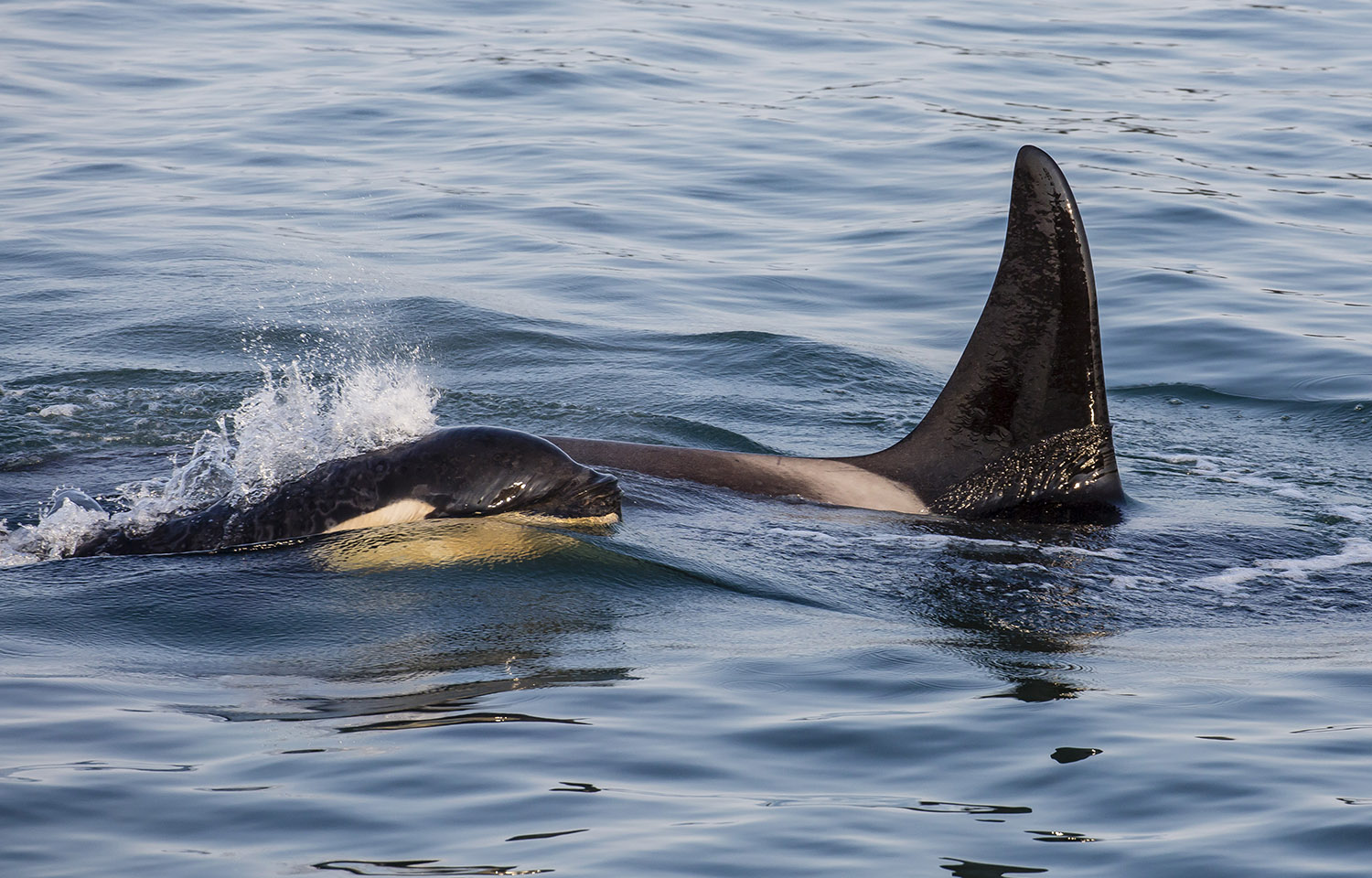The U.S. Ninth Circuit Court of Appeals has reversed a lower court’s attempt to close Chinook salmon fishing in Southeast Alaska, drawing praise from Alaskan lawmakers who called the ruling a welcome legal victory for Alaska fishermen.
“Although we’re not home yet, the most important thing right now is that Southeast Alaska’s troll fishery can continue,” U.S. Senator Lisa Murkowski (R-Alaska) said. “This is a critical industry for Southeast Alaska that has minimal impact on the ecosystem, and the congressional delegation, state, tribal groups, and local environmental groups are all united in their advocacy to allow the fishery to resume.”
The appeals court decision comes over a year after U.S. District Court Judge Richard Jones vacated a 2019 NOAA Fisheries biological opinion authorizing operations in the Chinook salmon troll fishery in Southeast Alaska in response to a lawsuit filed by the environmental nonprofit Wild Fish Conservancy (WFC). While the appeals court agreed that the biological opinion was flawed and needed to be revised, the judges said that Jones erred in vacating the opinion without considering how it would affect communities in Southeast Alaska.
“We secured a major victory at the Ninth Circuit for the hundreds of hard-working Alaskans who rely on the Southeast Alaska troll salmon fishery to feed their families and support their communities,” U.S. Sen. Dan Sullivan (R-Alaska) said. “The court ruled against the radical Washington environmental group on the merits of their outrageous lawsuit, which claimed that our small boat, hook-and-line troll Southeast salmon fishery hundreds of miles away is having more of an impact on the viability of Puget Sound orca whales than the toxins, pollution, noise, and vessel traffic in their own backyard. It was a ridiculous claim, and the court thankfully recognized it as such.”
“We're not in the clear yet, but this is a big sigh of relief for our fishermen, our fishing families, and our Alaskan economy,” U.S. Representative Mary Peltola (D-Alaska) said. “Trolling is low-impact, and advocacy groups from the state level all the way to environmentalists agree. Let's protect our troll fishermen and industry for good.”
WFC Executive Director Emma Helverson told local news outlet KFSK that it would continue to “take every action necessary to ensure the management of this fishery will not continue to harm salmon, ecosystems, and communities coastwise.”
“The Court’s decision prioritizing the economic interests of one Alaskan industry over the coastwide recovery of Chinook, the survival of the southern resident orcas, and the communities from Oregon to British Columbia who depend on these salmon is disappointing to say the least,” Helverson said. “However, the facts and science remain clear and I’ve never been more optimistic as certifiers, consumers, and communities rise up to demand sustainable and equitable harvest management that will bring their salmon home.”
NOAA Fisheries said it is finalizing the environmental impact statements required by the court and expects to release them in late summer or fall 2024.








